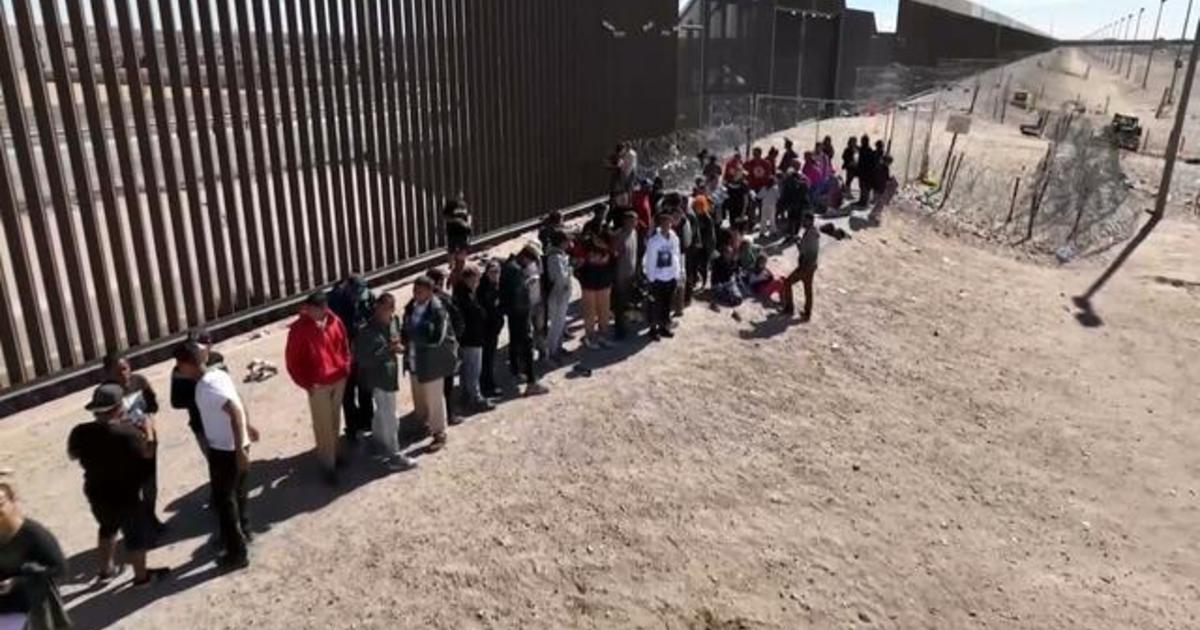The Supreme Court is set to make a decision on Texas’ SB4 immigration law, which would allow local law enforcement to arrest and prosecute suspected illegal immigrants. This would give local officials the authority to take action against undocumented individuals, a power typically reserved for federal agencies. The ruling on this controversial law is expected to come as soon as Monday, and it has sparked debate among local officials who may not want to enforce it.
If the Supreme Court upholds SB4, it could have significant implications for immigration enforcement in Texas and potentially set a precedent for other states to follow. The law has faced criticism from opponents who argue that it could lead to racial profiling and discrimination against immigrants. Some local officials have expressed concerns about the impact of SB4 on their communities and have resisted enforcing the law.
Supporters of SB4 argue that it is necessary to crack down on illegal immigration and enforce existing laws. They believe that giving local law enforcement the authority to take action against suspected illegal immigrants will help improve public safety and protect communities from criminal activity. However, opponents argue that the law is unjust and could lead to civil rights violations, as well as erode trust between law enforcement and immigrant communities.
The decision on SB4 is eagerly awaited by both supporters and opponents of the law, as it could have far-reaching consequences for immigration policy and enforcement in Texas. The ruling will have implications for how states can address immigration issues and the extent to which local law enforcement can be involved in enforcing federal immigration laws. The Supreme Court’s decision will be closely watched and is likely to spark further debate and controversy on the issue of immigration enforcement.
Overall, the imminent Supreme Court ruling on Texas’ SB4 immigration law is a significant development in the ongoing debate over immigration policy in the United States. The decision will have implications for how states can address immigration issues and the role of local law enforcement in enforcing federal immigration laws. It is expected to spark further debate and controversy, regardless of the outcome, and will shape the future of immigration enforcement in Texas and potentially beyond.









